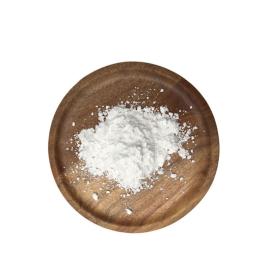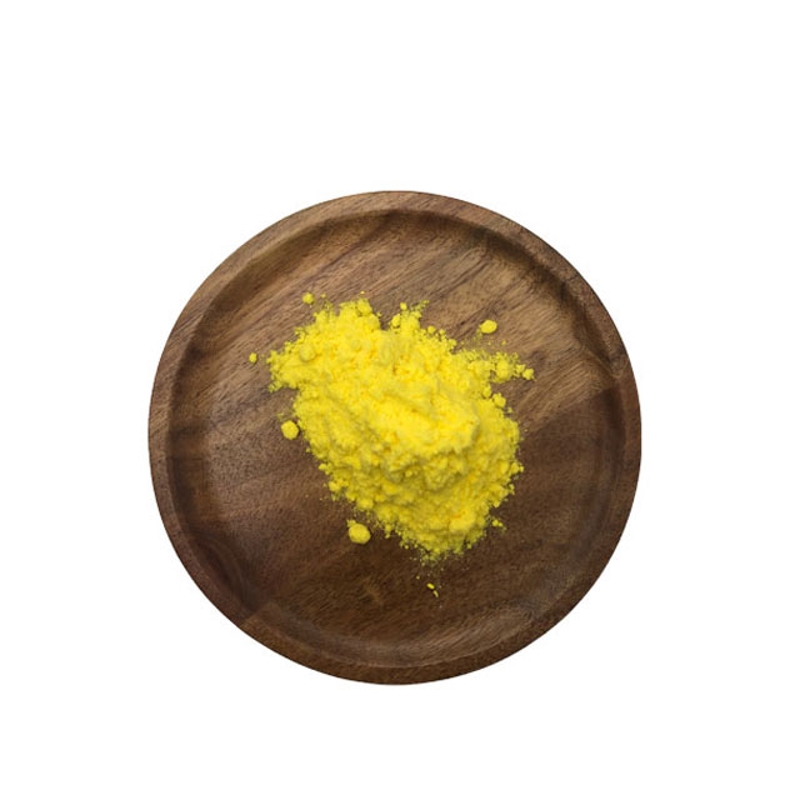-
Categories
-
Pharmaceutical Intermediates
-
Active Pharmaceutical Ingredients
-
Food Additives
- Industrial Coatings
- Agrochemicals
- Dyes and Pigments
- Surfactant
- Flavors and Fragrances
- Chemical Reagents
- Catalyst and Auxiliary
- Natural Products
- Inorganic Chemistry
-
Organic Chemistry
-
Biochemical Engineering
- Analytical Chemistry
- Cosmetic Ingredient
-
Pharmaceutical Intermediates
Promotion
ECHEMI Mall
Wholesale
Weekly Price
Exhibition
News
-
Trade Service
Liu, X.
Liu, X.
Impact Factor published online entitled Gut microbiota-mediated immunomodulation in tumor of the review article, describes the tumor-mediated intestinal microbial immune regulatory mechanisms
This article focuses on the influence of intestinal flora on tumor immunity , discusses from two perspectives of innate immunity and adaptive immunity, and summarizes the possible mechanisms of intestinal flora involved in tumor immune regulation, namely, PAMP-TLR signaling pathway, intestinal bacteria The metabolites of this product, regulate the immune microenvironment of secondary lymphoid organs
Tumor immune surveillance can be divided into two parts, namely innate immunity and adaptive immunity
The new antigens produced during tumor formation are released, captured and processed by DC, and then presented to T cells in the form of antigen peptide-MHC complex (pMHC)
The new antigens produced during tumor formation are released, captured and processed by DC, and then presented to T cells in the form of antigen peptide-MHC complex (pMHC)
The intestinal flora can affect tumor immunity both locally and systemically
Colon cancer
On the one hand, due to the disturbance of the flora and the increased permeability of the intestinal mucosal barrier in liver cancer, the level of lipopolysaccharide (LPS) in the portal vein and circulation is significantly increased, which in turn activates the NF-κB of hepatic stellate cells and induces the production of inflammatory cytokines
On the other hand, antibiotics kill the G+ bacteria involved in the transformation of bile acids, thereby increasing the expression of CXCL16
In addition to the above-mentioned mechanisms of
The first author of this article is Dr.
Reference materials:
Reference materials:Liu, X.
Liu, X.
, Chen, Y.
, Zhang, S.
et al.
Gut microbiota-mediated immunomodulation in tumor.
J Exp Clin Cancer Res 40, 221 (2021).
https://doi.
org/10.
1186/s13046-021 -01983-x https://doi.
org/10.
1186/s13046-021-01983-x Leave a message here







